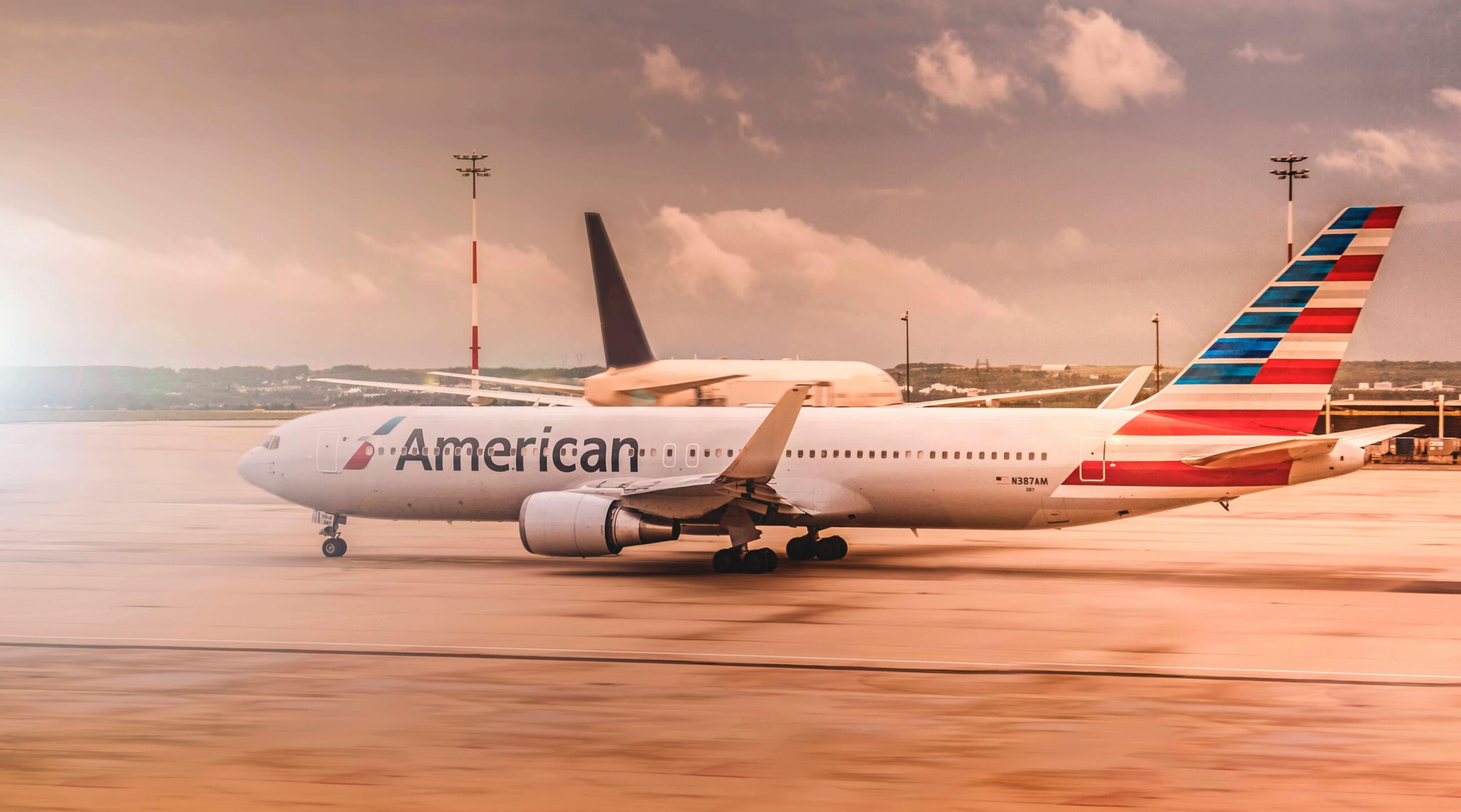In a significant settlement that highlights ongoing concerns about racial discrimination in the airline industry, American Airlines has resolved a federal lawsuit brought by three Black passengers who were removed from a flight earlier this year. The case, which drew widespread public attention, underscores the urgent need for accountability and change in how airlines handle complaints and customer interactions. Here’s a closer look at what happened, the implications of the case, and answers to the most frequently asked questions about the incident.

What Happened on the Flight?
In January 2024, three Black men—Alvin Jackson, Emmanuel Jean Joseph, and Xavier Veal—boarded an American Airlines flight from Phoenix to New York. Though the men were seated separately and did not know each other, all were removed from the plane following a complaint from a white flight attendant alleging body odor issues.
To their shock, they discovered five other Black men had also been removed for the same reason. Despite none of the passengers having body odor, they were subjected to this humiliating experience. After an hour, with no alternative travel arrangements offered, the passengers were eventually allowed to reboard the plane.
Legal Action and Settlement
In May 2024, the three men filed a federal lawsuit, accusing American Airlines of racial discrimination and violating a Civil War-era law protecting against race discrimination in contracts. Although the settlement terms were not disclosed, attorneys for the plaintiffs indicated that the airline agreed to measures aimed at preventing similar incidents in the future.
American Airlines has reportedly terminated the flight attendants involved in the incident and pledged to improve its approach to ensuring inclusivity on board.

American Airlines’ Response
The airline issued a public statement emphasizing its commitment to providing an inclusive travel experience for all customers. This is not the first time the airline has faced scrutiny for racial discrimination.
In 2017, the NAACP issued an advisory cautioning Black travelers against flying with American Airlines due to several reported incidents. The advisory was lifted in 2018 after the airline implemented training programs to address implicit bias among employees.
A Broader Context of Discrimination Concerns
This settlement is not the only discrimination-related issue American Airlines has faced recently. In December 2024, the airline also agreed to revise certain diversity, equity, and inclusion (DEI) hiring practices following a federal complaint alleging that some of these practices were discriminatory.
This compliance agreement with the U.S. Department of Labor highlights the fine line companies must walk between fostering diversity and avoiding inadvertent discrimination.
What Does This Case Mean for Passengers?
For customers, this settlement serves as both a warning and a call for vigilance. It reflects the importance of holding companies accountable while pushing for broader changes to ensure equitable treatment for all. Airlines, like other service industries, must prioritize customer dignity and fairness in their policies and actions.

Frequently Asked Questions
- Why were the passengers removed from the flight?
The passengers were removed following a flight attendant’s complaint about body odor. The plaintiffs assert this claim was untrue and racially motivated. - What did the lawsuit claim?
The lawsuit accused American Airlines of racial discrimination, violating federal laws that prohibit race-based bias in contracts. - What actions has American Airlines taken in response?
The airline settled the lawsuit, terminated the flight attendants involved, and pledged to take steps to prevent similar incidents in the future. - Has American Airlines faced similar allegations before?
Yes. In 2017, the NAACP issued an advisory due to reported racial incidents involving the airline, which was later lifted after policy updates and employee training. - What are the implications of this settlement?
The settlement signifies American Airlines’ acknowledgment of the issue and a step toward addressing racial bias in its operations.
Final Thoughts
This case is a reminder of the systemic challenges that persist in the travel industry and beyond. While American Airlines’ settlement represents progress, it’s clear that meaningful changes in policy, training, and accountability are crucial to ensuring all passengers are treated with respect and dignity.
Sources The New York Times


